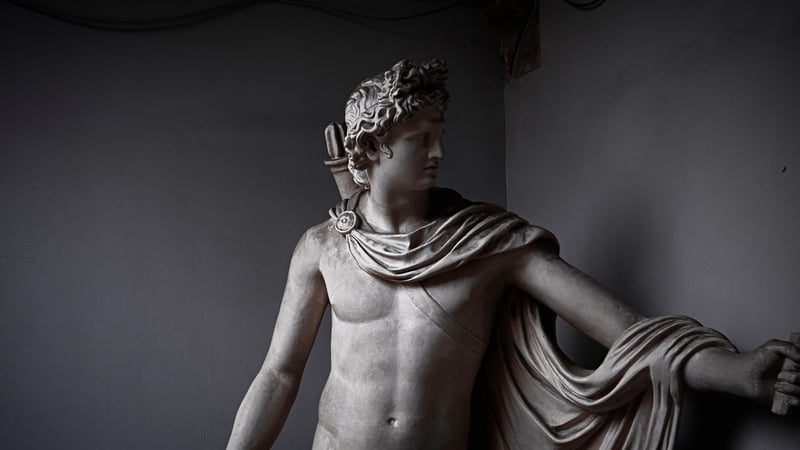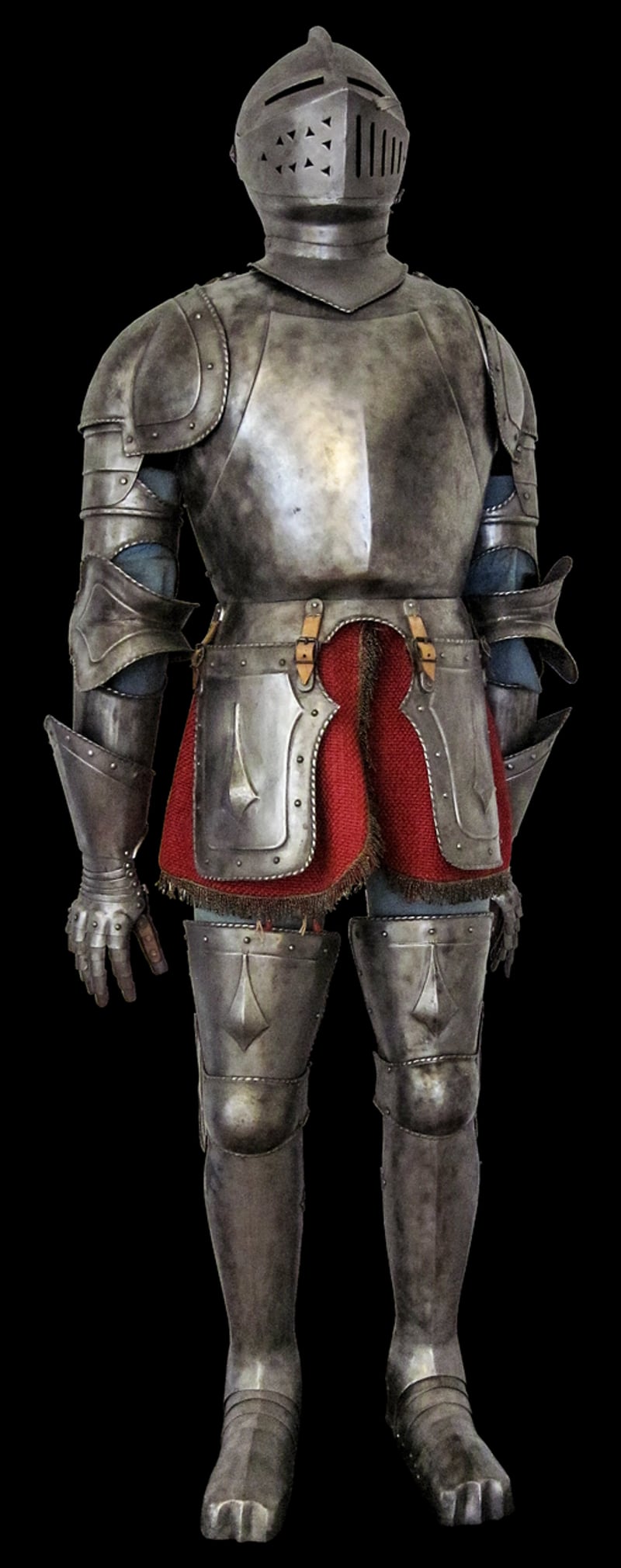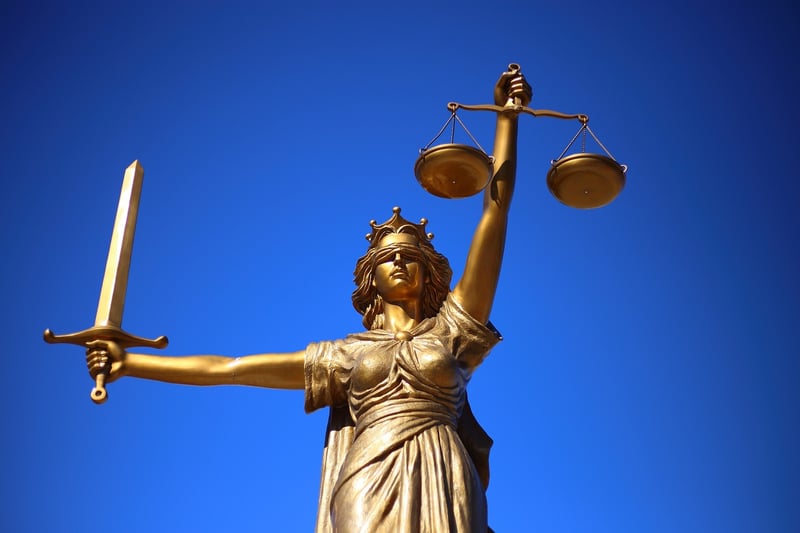Safeguarding Timeline
The Importance of Moral Considerations in Safeguarding: A Timeline
As we navigate the complexities of safeguarding in various fields, it is crucial to uphold moral considerations to ensure the well-being and protection of individuals. Let's take a journey through a timeline that highlights the significance of moral values in safeguarding practices.
Ancient Times: Moral Codes and Ethical Principles
Ancient civilizations recognized the importance of moral codes and ethical principles in safeguarding their communities. Concepts such as honesty, integrity, and respect formed the foundation of early safeguarding efforts.

Medieval Era: Chivalry and Honor
The medieval era introduced the ideals of chivalry and honor, emphasizing the protection of the vulnerable and the defenseless. Knights and warriors took oaths to uphold these values in their quest for safeguarding their kingdoms.

Modern Times: Legal Frameworks and Human Rights
In modern times, legal frameworks and human rights have become integral to safeguarding practices. Laws and regulations are in place to protect individuals from harm and ensure their rights are upheld, reflecting society's moral obligations.

Present Day: Ethical Dilemmas and Evolving Perspectives
As we navigate the present-day landscape of safeguarding, we encounter ethical dilemmas and evolving perspectives on what it means to protect and support individuals. Balancing autonomy, beneficence, and justice remains at the core of modern safeguarding efforts.

By honoring moral considerations throughout history and adapting them to contemporary challenges, we can create a safer and more inclusive environment for all.
